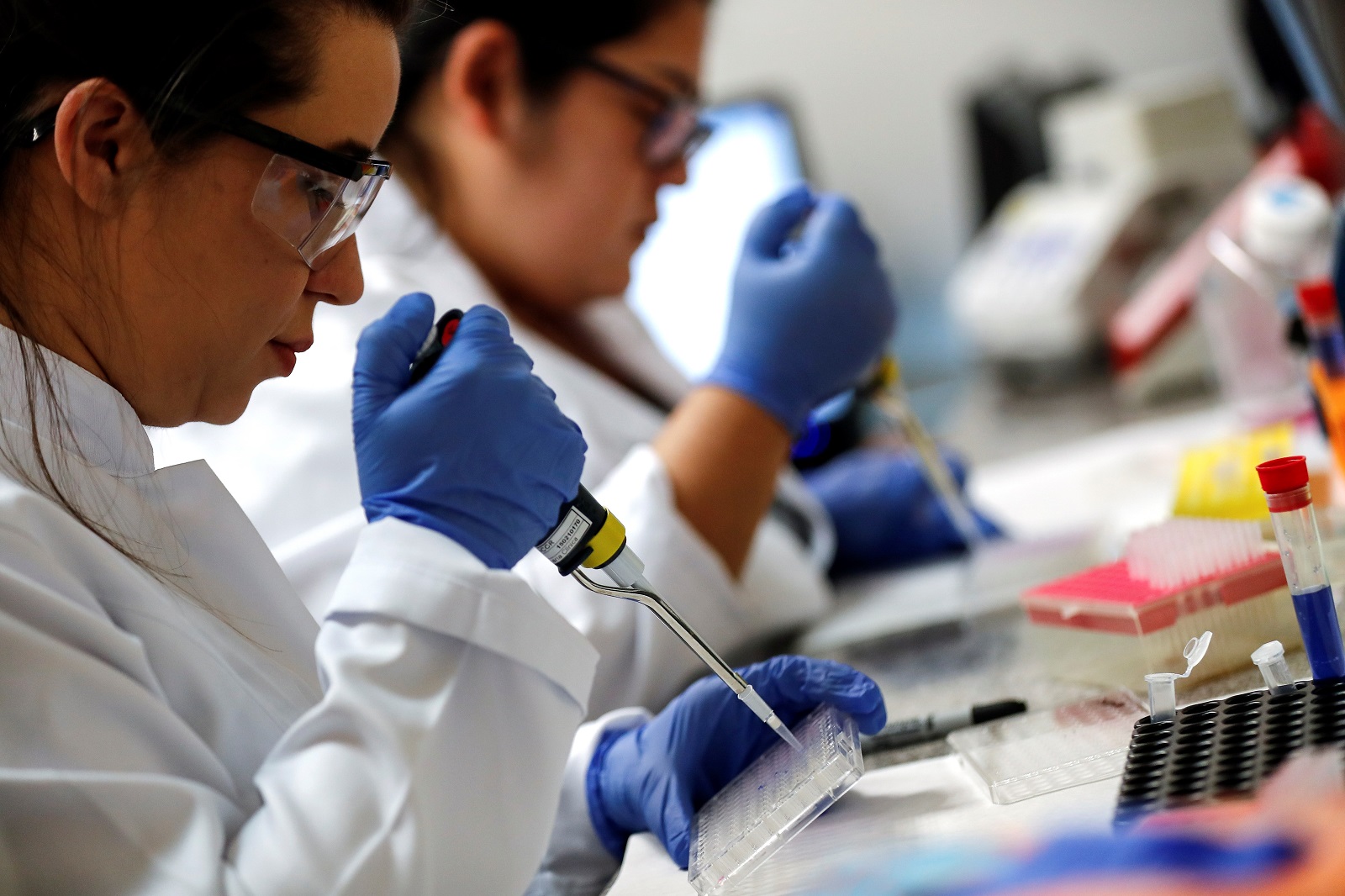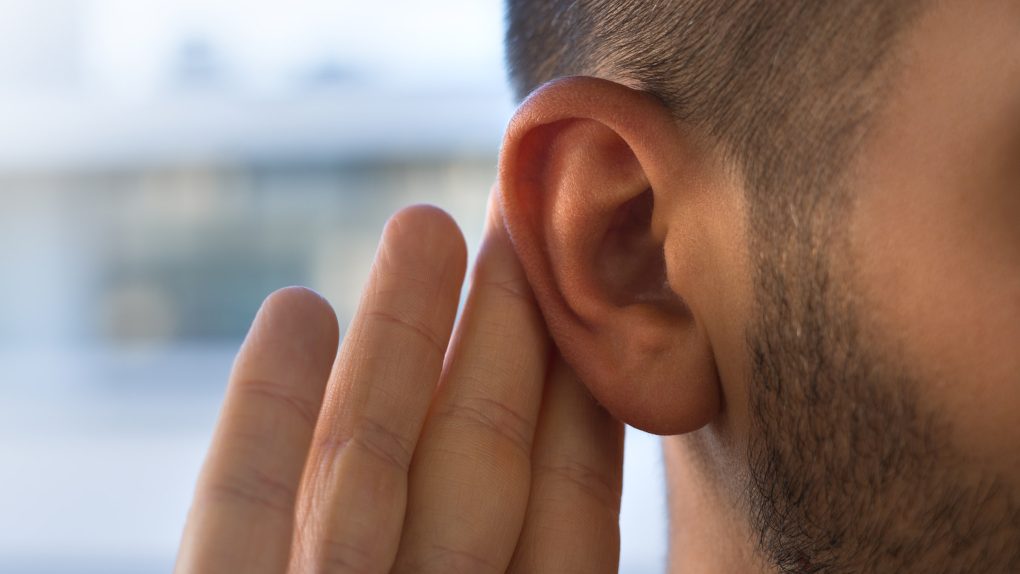Whether you’re the person dealing with hearing loss, or if you know somehow who has lost their hearing, it can be a frustrating part of aging. Loss of hearing can also lead to tinnitus, a feeling of isolation, and has even been closely connected to dementia. That’s why research into ways to reverse hearing loss has been so intriguing for many. And now, scientists with an MIT spinout may have found a solution.
MIT scientists found a way to reverse hearing loss

Frequency Therapeutics, an MIT spinout, is looking for new ways to reverse hearing loss. Not by equipping patients with hearing aids or implants, though. Instead, the biotech company wants to use a new kind of regenerative therapy to repair the tiny hair cells that allow us to hear.
As we age, and as they are exposed to loud noises or drugs, hair cells start to die off. Since the ears rely heavily on tiny hairs to detect sound, these circumstances can all lead to hearing loss. But Frequency Therapeutics may have found a way to undo the damage.
The company has been testing a regenerative therapy that uses small molecules to program progenitor cells. These cells are the descendants of stem cells. The progenitor cells are placed in the inner ear and can create the tiny hair cells that our hearing relies on. Thus, it allows the cells to reverse hearing loss by replacing the hairs that led to the loss in the first place.
It’s certainly an interesting move, and one that could prove fruitful as they continue working on it. So far, the company has seen exceptional results based on tests measuring speech perception. Frequency co-founder and Chief Scientific Officer Chris Loose Ph.D. says, “Speech perception is the number one goal for improving hearing.”
Maturing and growing

So far, Frequency Therapeutics has dosed more than 200 patients with its regenerative therapy. Three of the trials Frequency has held have shown positive results for reversing hearing loss. However, one study showed no improvements. All four tests were based on improvements in speech perception.
The company is now pushing for a new 124-person trial. It expects preliminary results to become available by early next year. If that trial goes well, then we could see more widespread testing of the regenerative therapy. It has a long way to go before it’s available on the official market. However, results so far do look promising for those who need to reverse hearing loss.
Additionally, as the program matures and grows, the scientists believe it could get much easier to administer.
“I wouldn’t be surprised if in 10 or 15 years, because of the resources being put into this space and the incredible science being done, we can get to the point where reversing hearing loss would be similar to Lasik surgery, where you’re in and out in an hour or two and you can completely restore your vision,” Jeff Karp, a Harvard-MIT Health Sciences and Technology affiliate faculty member said in a statement.
If that’s the case, we may be able to fully reverse hearing loss sometime in the future. That alone could have a massive impact on society.








